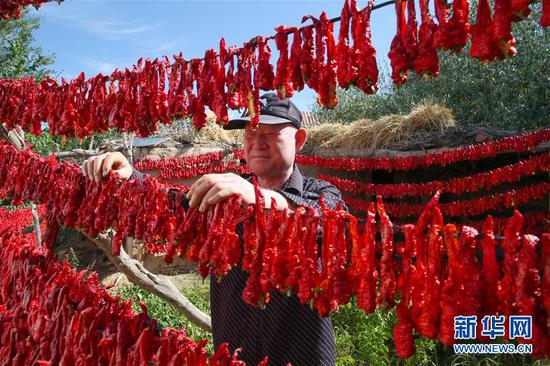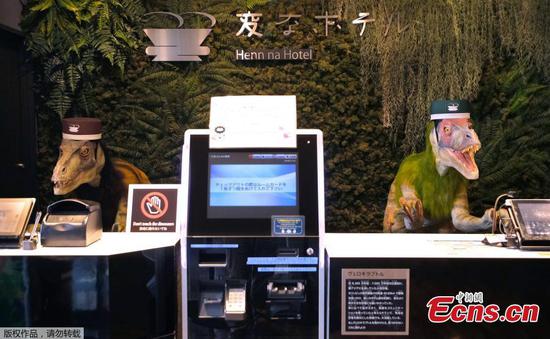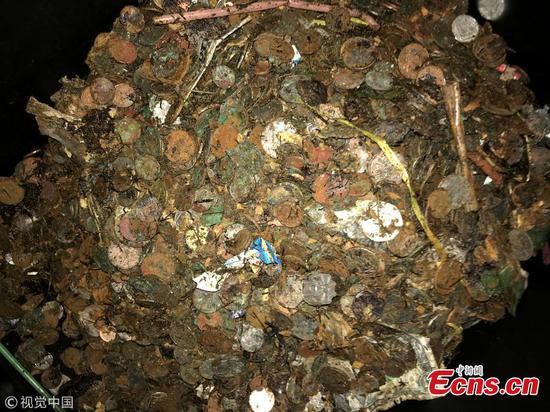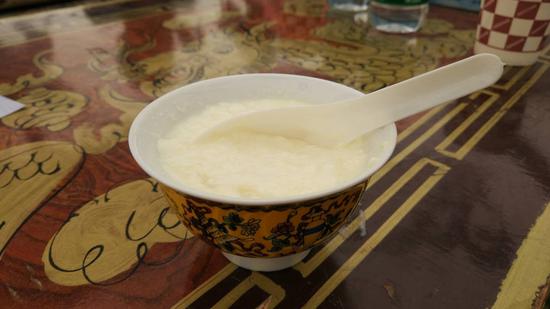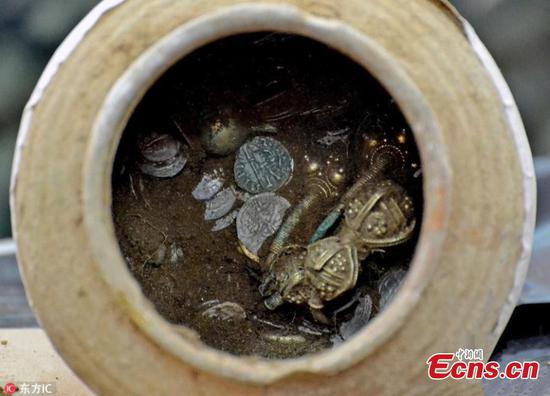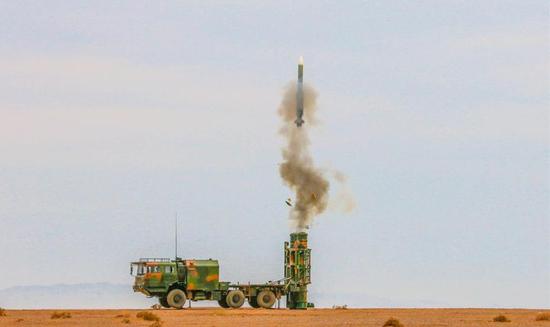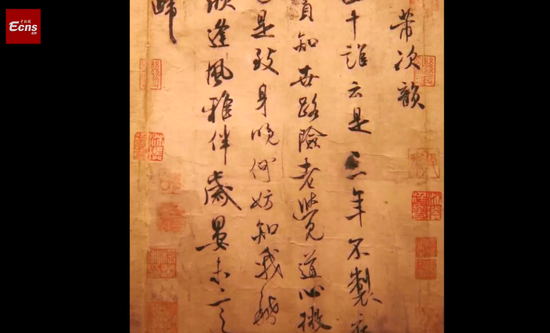The inclusion of Chinese stocks in MSCI's benchmark indexes this year has made mainland equities more attractive to foreign buyers, but exposure to global investment has also revealed some rough edges around corporate China's governance standards.
MSCI adds another tranche of Chinese stocks to its emerging markets index on Monday, which follows the milestone debut inclusion in June, and foreign investors are queuing up to get into the asset class.
Still, global asset managers say Chinese companies leave a lot to be desired, including some basic practices such as making disclosures in English and shorter share trading suspensions.
"It's pretty obvious that some companies are not ready to have interactions with an investor base outside the Chinese mainland," said Zhang Jin, a portfolio manager at Vontobel Quality Growth Boutique.
Zhang complained that most Chinese companies don't publish financial reports in English, making it difficult for such stocks to pass Vontobel's rigid stock-screening process.
Zhang's fund recently bought Chinese stocks such as liquor heavyweight Wuliangye and is looking for other opportunities.
MSCI's unofficial estimates indicate the two-stage inclusion will see inflows of roughly $17 billion into Chinese shares.
But after the second tranche next week, Chinese A shares will still only comprise a tiny 0.8 percent of its emerging market index.
While active fund managers have leeway in allocating funds to China, whose main index is down 17 percent this year, mangers of passive portfolios that track the MSCI indexes will have to include the roughly 230 Chinese companies in the benchmark.
China's securities regulator has said it is working toward giving local stocks greater index weightings and supports a potential China accession into FTSE Russell's global share benchmarks.
Stephane Loiseau, Societe Generale's APAC head of cash equities and global execution services, believes MSCI could triple A-shares' inclusion factor in its EM index to 15 percent over the next six months.









